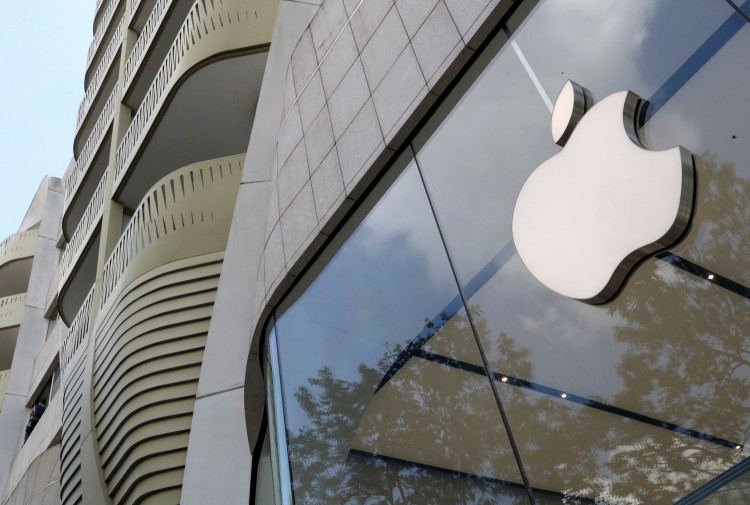The European Union has accused Apple of violating its stringent new digital competition regulations by preventing app developers from freely directing consumers to cheaper services outside the Apple ecosystem. The European Commission's preliminary findings, stemming from an investigation opened in March, suggest that Apple could face a fine of up to 10% of its $383 billion annual global revenue if found guilty. This fine could be increased to 20% if the company repeats the offense.
The Commission's accusations against Apple mark the first time a company has been charged under the Digital Markets Act (DMA), a comprehensive set of competition rules aimed at curbing the power of Big Tech. The DMA, which came into force in March, targets major tech firms designated as "gatekeepers" - those crucial to interactions between businesses and consumers through services like digital marketplaces and app stores.
In its statement on Monday, the European Commission outlined that, under Apple's current app store rules, developers are prohibited from providing pricing information within the app or communicating in other ways to steer customers toward offers available on alternative platforms. While Apple permits developers to use links in their apps to redirect customers to web pages, this "link-out process is subject to several restrictions," the Commission noted.
"Today is a very important day for the effective enforcement of the DMA," said Margrethe Vestager, the EU's competition and digital chief. "Steering is key to ensure that app developers are less dependent on gatekeepers' app stores and for consumers to be aware of better offers."
Apple responded to the accusations by stating that it had made numerous changes over the past few months to comply with the DMA. "We are confident our plan complies with the law," Apple said. "All developers doing business in the EU on the App Store have the opportunity to utilize the capabilities that we have introduced, including the ability to direct app users to the web to complete purchases at a very competitive rate."
The European Commission has also opened a secondary investigation into Apple's new contractual requirements for app developers, which include a "core technology fee" of €0.50 ($0.54) for each app installation. This investigation will determine whether these requirements breach the DMA.
These initial findings against Apple come only months after the EU fined the company €1.84 billion ($1.97 billion) for preventing rival music streaming services like Spotify from informing iPhone users about cheaper subscription options outside of Apple's app store. Apple announced at the time that it would appeal the fine, asserting that app developers compete on a level playing field on its app store.
In anticipation of the DMA's enforcement, Apple announced several changes to its app handling policies within the EU, including plans to allow third-party app stores on iPhones and iPads for the first time and significant reductions in app store fees.
The European Commission must finalize its decision on whether Apple has failed to comply with the DMA by March 25, 2025. If found in non-compliance, Apple could face substantial financial penalties, underscoring the significant impact of the DMA on major tech firms operating in Europe.
Apple's case is the first among several ongoing investigations into Big Tech companies under the DMA. The European Commission has also launched probes into Google parent Alphabet and Facebook parent Meta, scrutinizing their adherence to the new regulations. This wave of regulatory actions reflects the EU's increasing efforts to impose stricter oversight on the tech industry.






